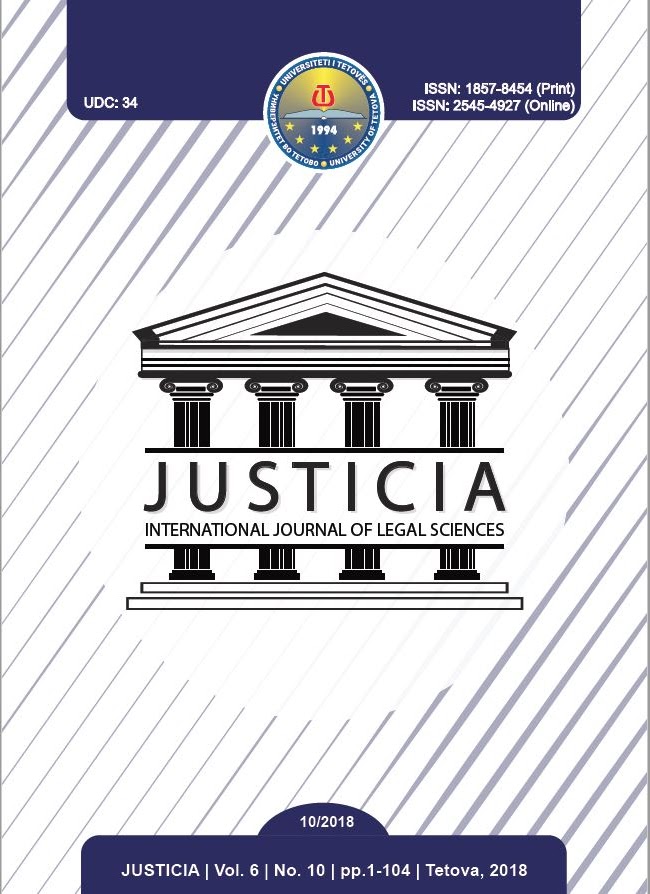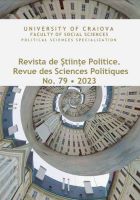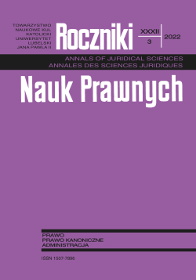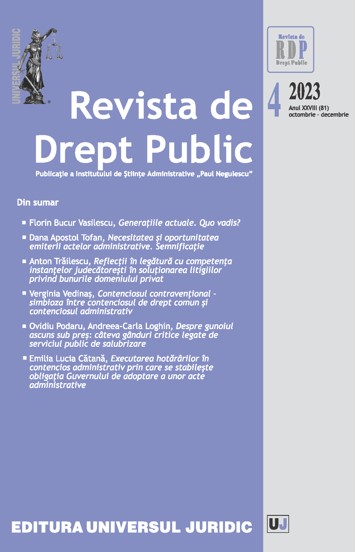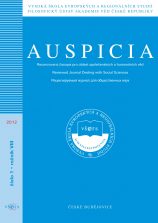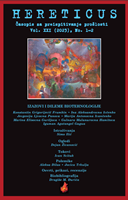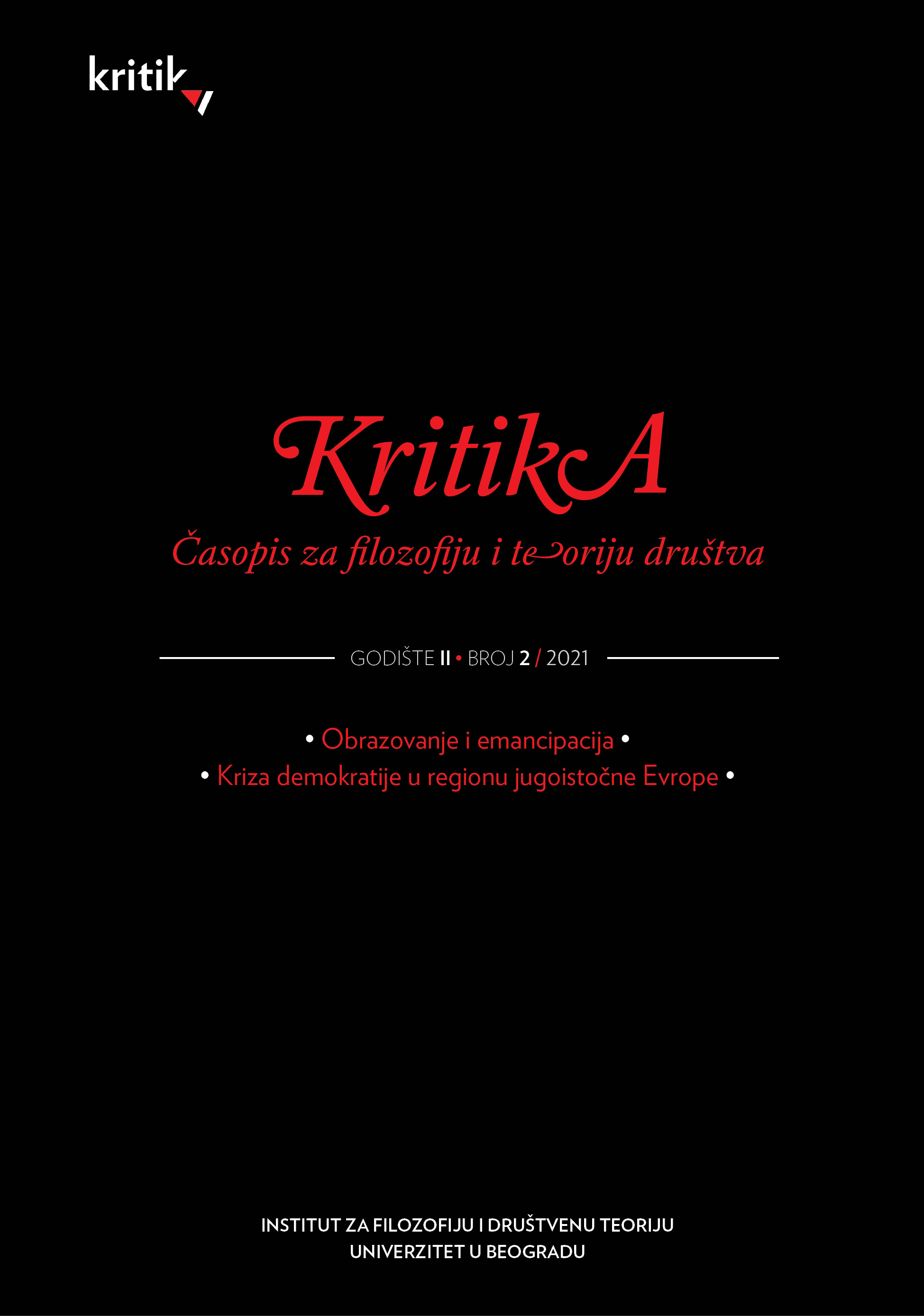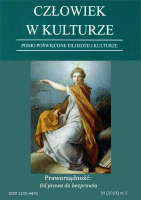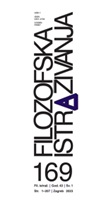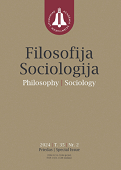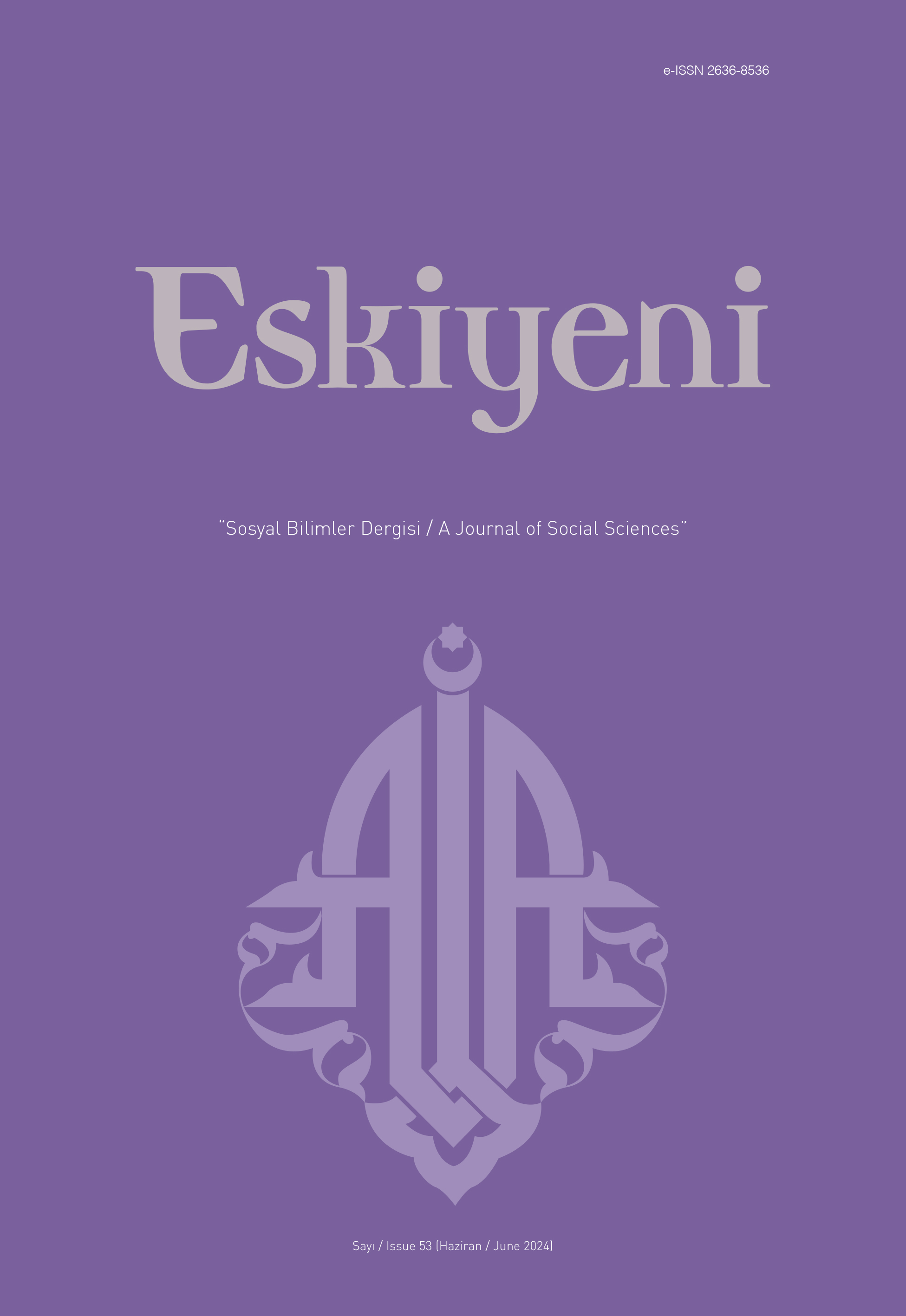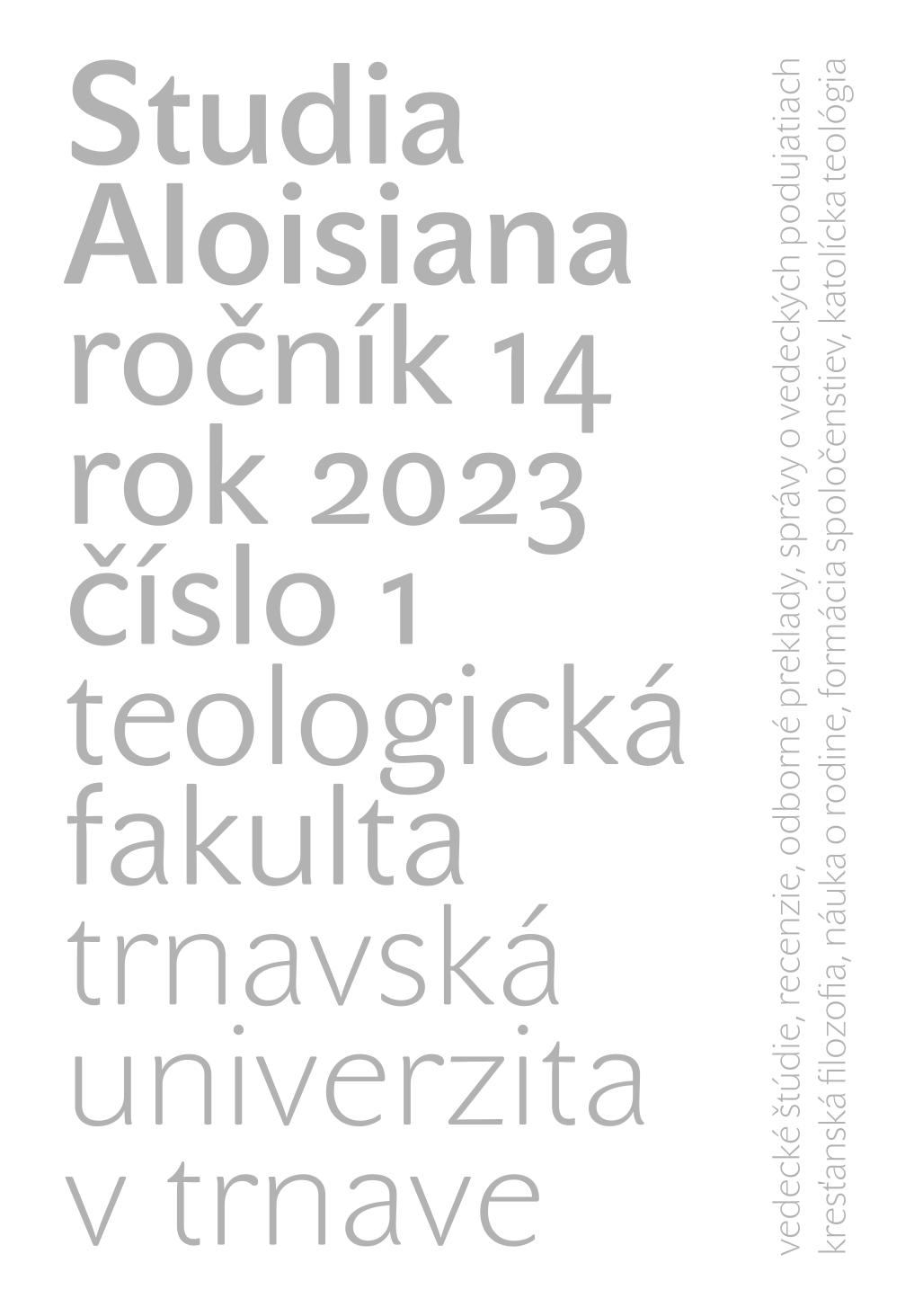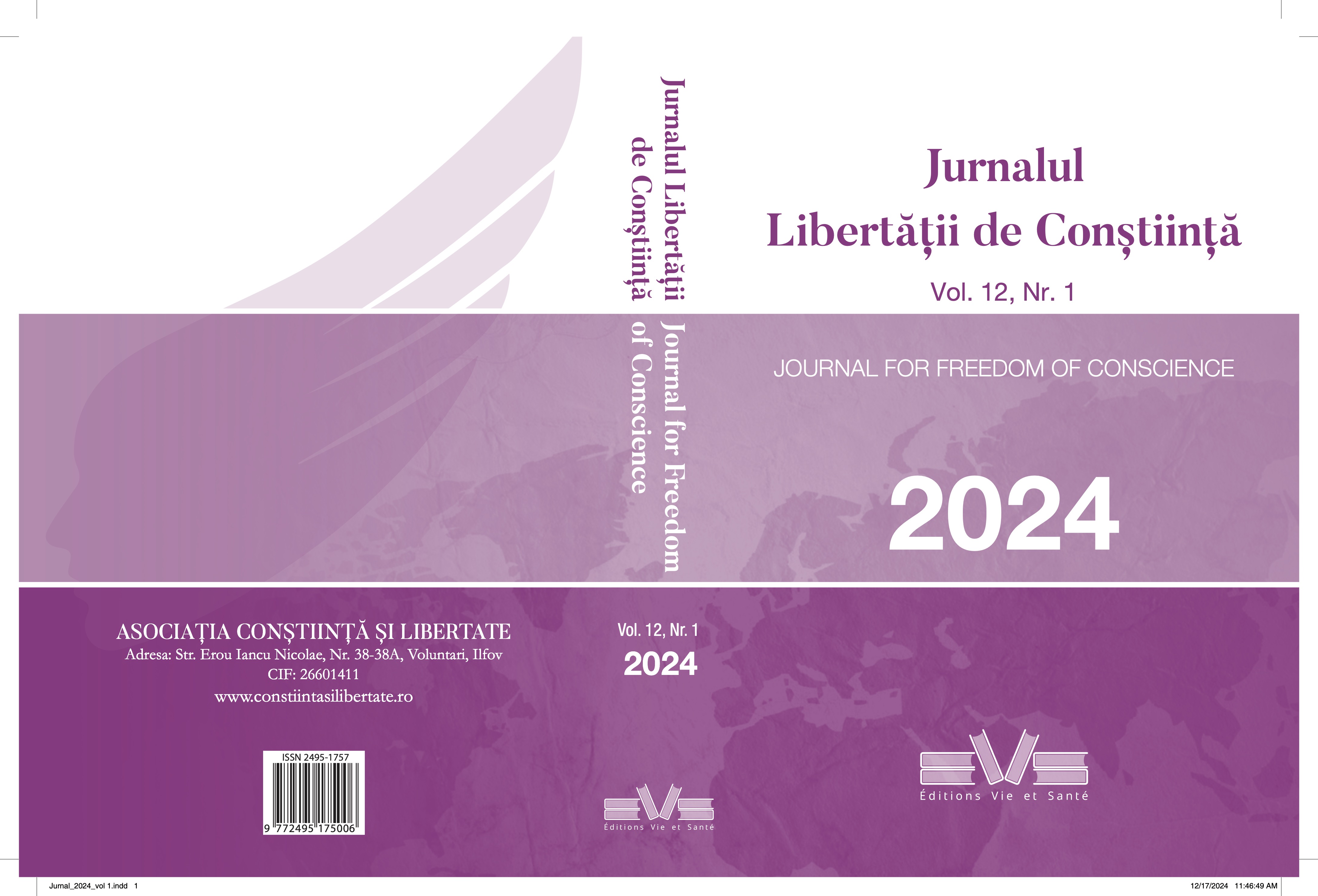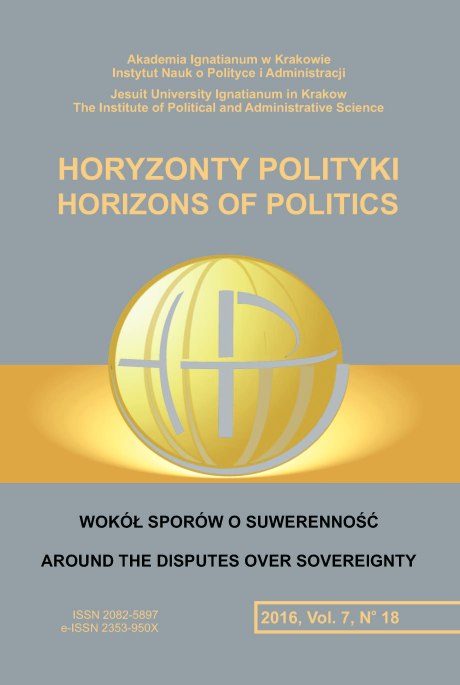
Czy suweren prowadzi politykę? Przywództwo państwowe wobec suwerenności
RESEARCH OBJECTIVE: The aim of the article below is an examination of the discrepancy between notions of sovereignty and a sovereign in a modern state, revealed by the question of statecraft (state leadership). THE RESEARCH PROBLEM AND METHODS: The consequent research problem is to determine who indeed decides on state policy. The research problem refers to the sphere of policy making as a practical implementation of the reason of a state’s imperatives. The author uses the descriptive and analytical methods, carrying out a critical comparative overview of theories and research findings presented in the current source literature.THE PROCESS OF ARGUMENTATION: At the beginning the author defines policy making and exposes its relation to the notions of sovereignty and ration of state. In the next step he identifies actors who decide on policy making. He underlines the key role of a “political disposition core” – a small group of leaders placed at the head of public institutions. He then considers the conditions of effective planning and making of policy. He indicates the inconsistency between the decisive role of a “political disposition core” and official status of a constitutional sovereign. He finally shows the fictitious character of a people as a sovereign.RESEARCH RESULTS: The author concludes that a traditionally comprehended sovereign is neither the source nor an implementer of state sovereignty because it is not a subject capable of policy making.CONCLUSIONS, INNOVATION AND RECOMMENDATIONS:The author finally recommends either a redefinition of the traditional notion of the sovereign, based on a theoretical proposition given by Carl Schmitt, or else its renunciation and invention of a new category, designating a subject which implements state sovereignty, to be used in the vocabulary of political science.
More...
